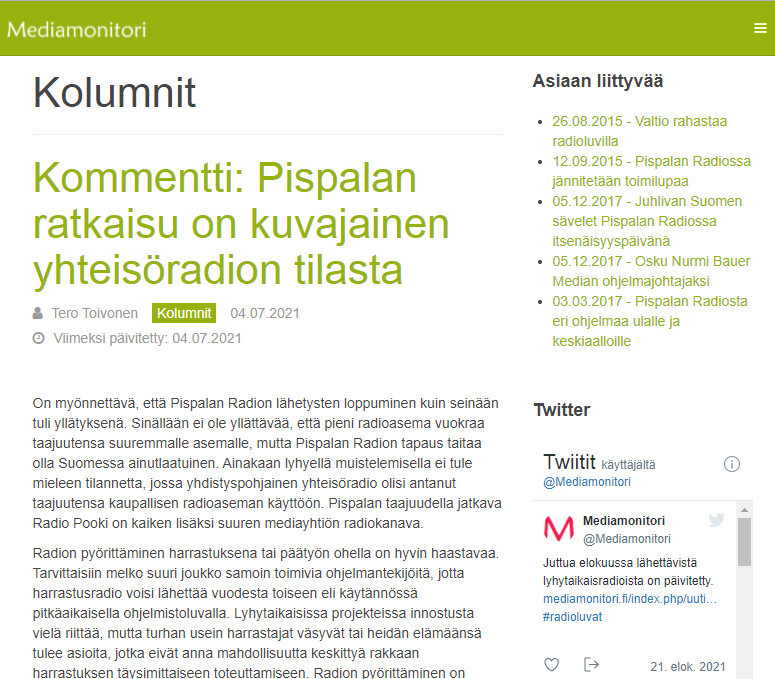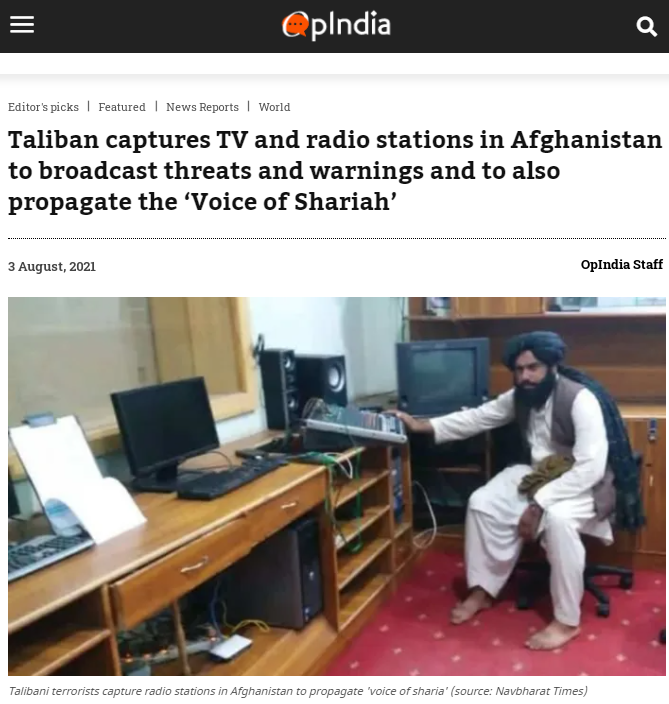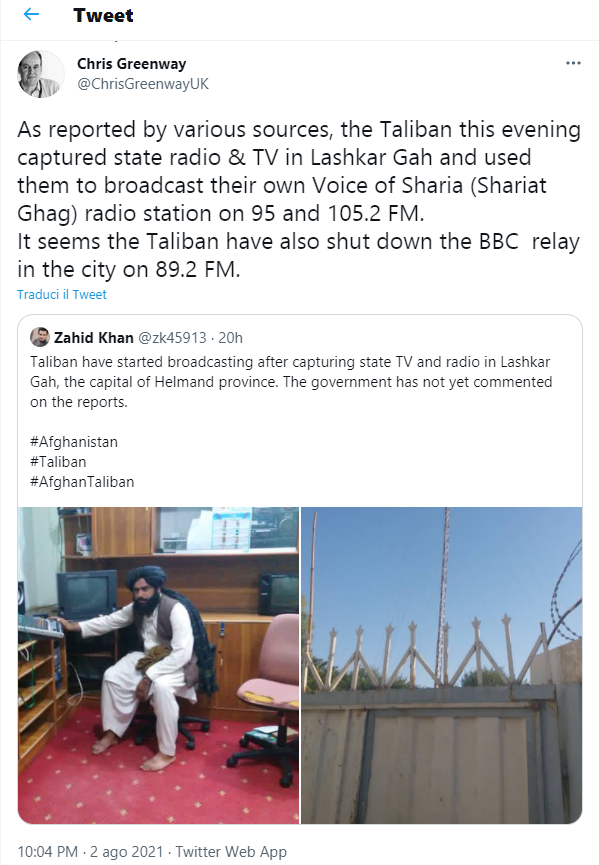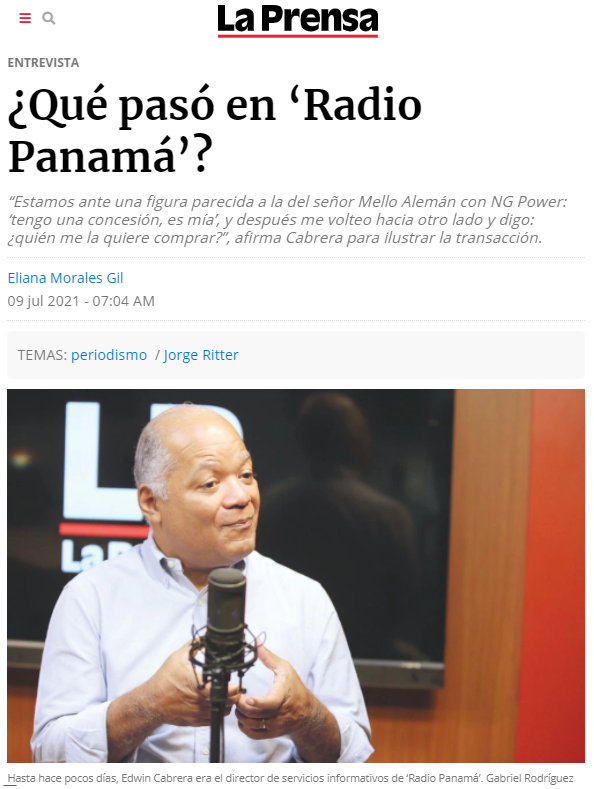
Source
The exit from the scene of one of the last community stations in Finland is analyzed by Medamonitori, a site about Finnish media, which takes stock of the situation of community radios in the country. Pispalan Radio, which used to broadcast on 99.5 MHz near Tampere, has leased the frequency from July 2021 to Radio Pooki, a music channel of the Bauer Media Group (leader in Europe with more than 57 million weekly listeners in eight countries), which will use it until the end of the license period, expected in 2029.

Source
According to Tero Toivonen, curator of the site, Pispalan Radio has lasted a long time on the airwaves, despite the difficulties in finding volunteers, thanks to the good coverage of the south and south-east area of Tampere (the country’s third-largest city with over 220,000 inhabitants). But the difficulty in finding those willing to “do radio” precipitated the crisis and Pasi Komsi, a co-founder of the radio station and editor-in-chief, resigned himself to closure. Toivonen, however, points out the contradiction that prompted an association radio station to lease the channel to a commercial station.








